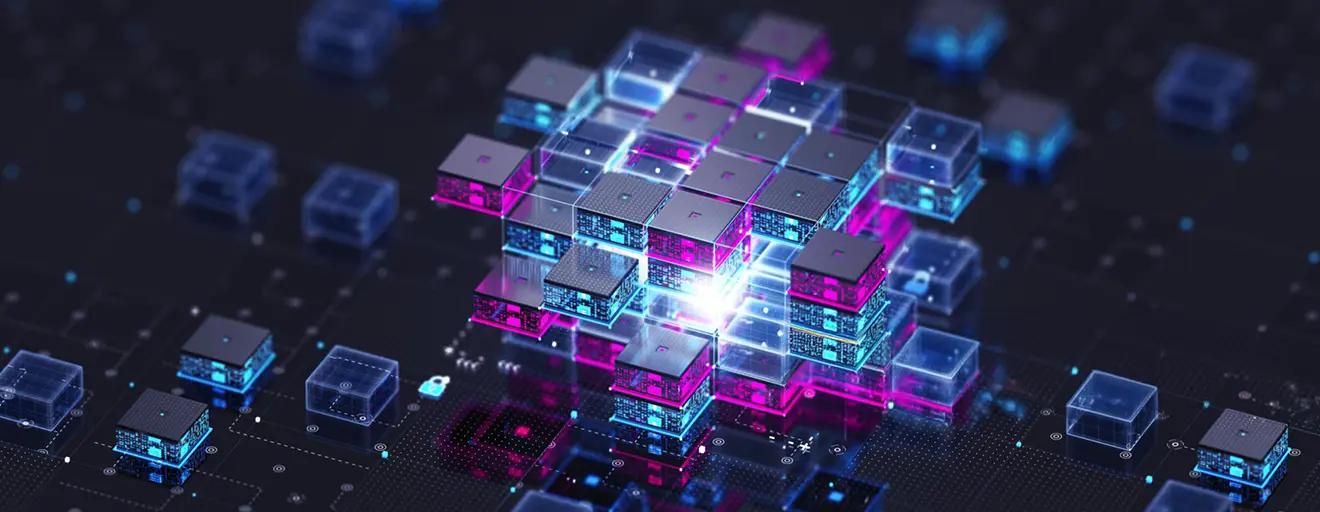Modular Incremental Transformations Have Nothing To Do With Furniture
When you hear the term “modular incremental transformations”, do you instantly think of IKEA? Chances are you don’t hear this term very often, but it’s actually an important one (albeit it has nothing to do with assembling furniture).
Advantages of modular incremental transformations:
- Faster Time to Value: Organizations can realize benefits and improvements more quickly compared to traditional transformation approaches.
- Reduced Risk: Breaking the transformation into smaller modules mitigates the risk of large-scale failures. Issues can be identified and addressed early in the process.
- Flexibility and Adaptability: Modular transformations allow businesses to respond more effectively to changes in market conditions, customer preferences and technological advancements.
- Continuous Improvement: Iterative development fosters continuous learning and improvement, enabling organizations to refine strategies based on real-world feedback and evolving requirements.
Technologies used:
- Agile Methodologies: Agile principles are commonly applied in modular transformations to promote iterative development, collaboration and flexibility. Teams work in short cycles (sprints) to deliver incremental improvements and adapt their strategies based on ongoing feedback.
- Cloud Computing: Leveraging cloud services allows organizations to scale resources as needed and integrate new technologies more swiftly. Cloud platforms provide the infrastructure and tools necessary for agile development and deployment of modular solutions.
- Micro-services Architecture: Breaking down applications into smaller, independent services (micro-services) aligns with the modular transformation approach. Each service can be developed, deployed and scaled independently, facilitating faster innovation and reducing dependencies.
- DevOps Practices: DevOps combines development and operations teams to automate and streamline the software delivery process. This accelerates the deployment of modular solutions and improves collaboration between different stakeholders.
- AI and Machine Learning: These technologies are utilized to analyze data, predict trends and optimize processes within each module. AI can also enhance customer experiences and operational efficiencies through continuous learning and adaptation.
- IoT (Internet of Things): IoT devices are integrated into modular solutions to gather real-time data and enable smart decision-making. This technology is particularly useful in industries like manufacturing, logistics and healthcare for monitoring and optimizing operations.
- Blockchain: In sectors such as finance and supply chain management, blockchain technology ensures transparency, security and efficiency in transactions and data management across modular systems.
Modular incremental transformations leverage a variety of modern technologies and methodologies to deliver incremental value faster, reduce risks and enhance adaptability in a rapidly changing business environment. This approach is favoured by executives for its pragmatic approach to achieving transformational goals with greater agility and efficiency.

